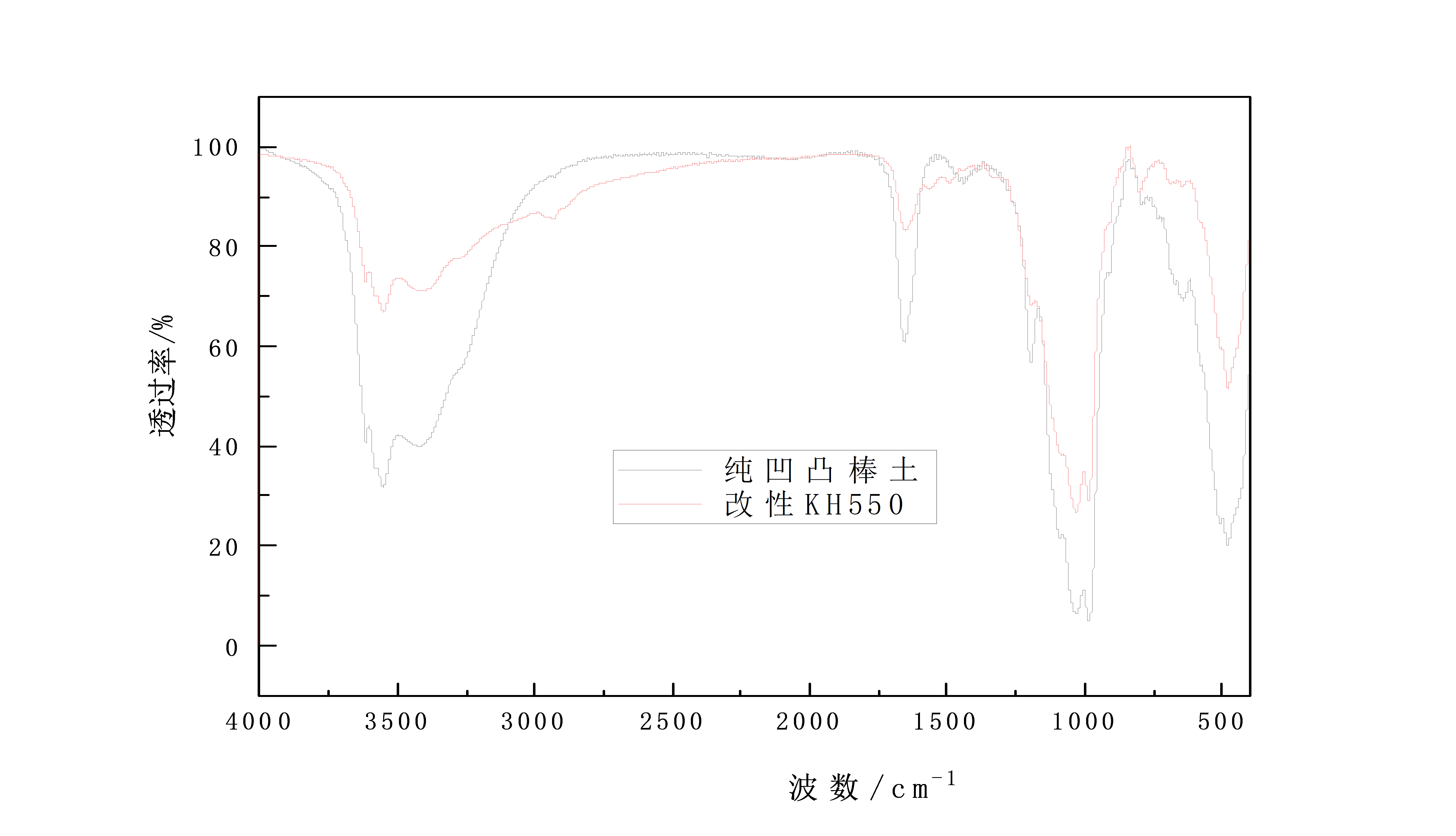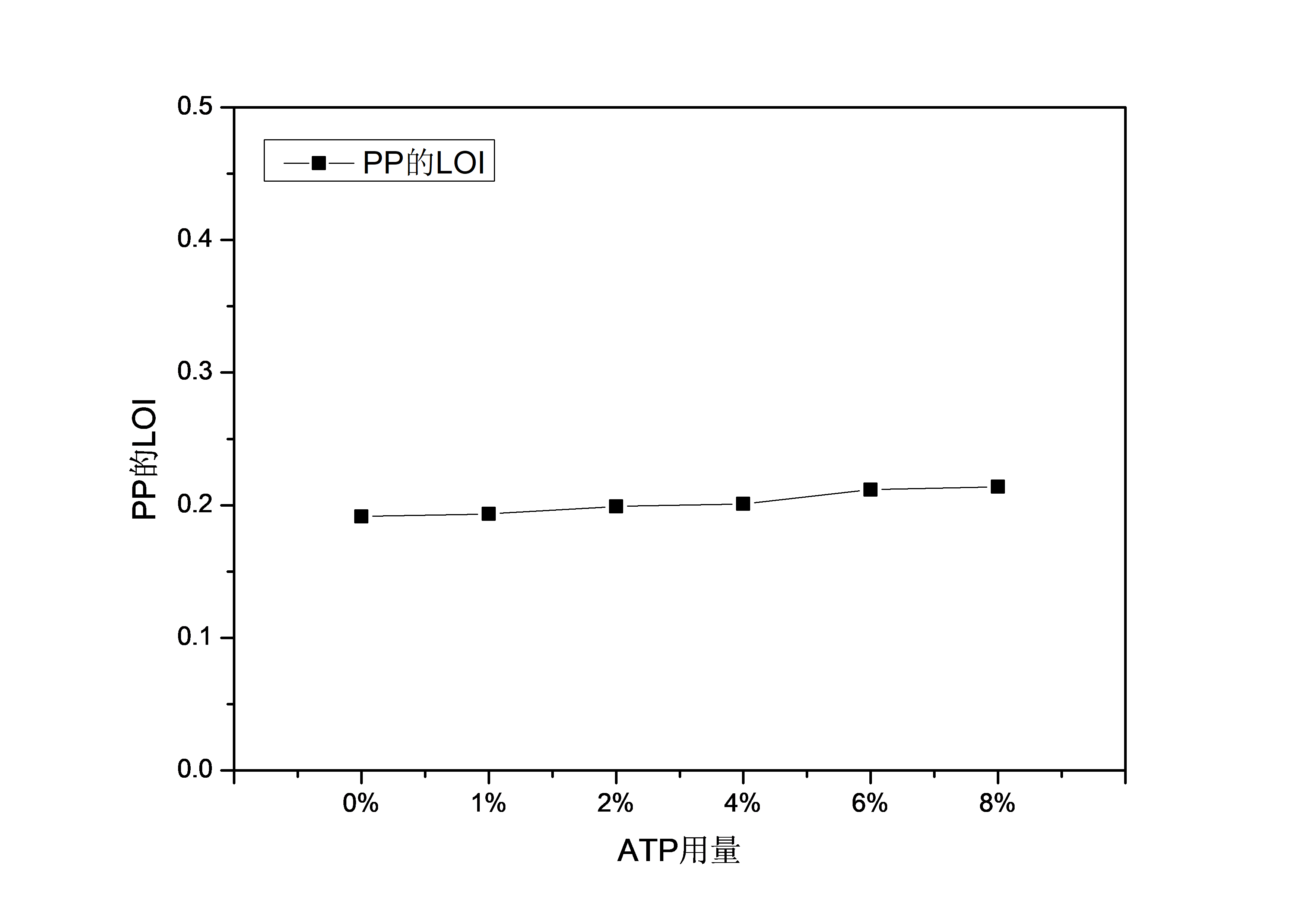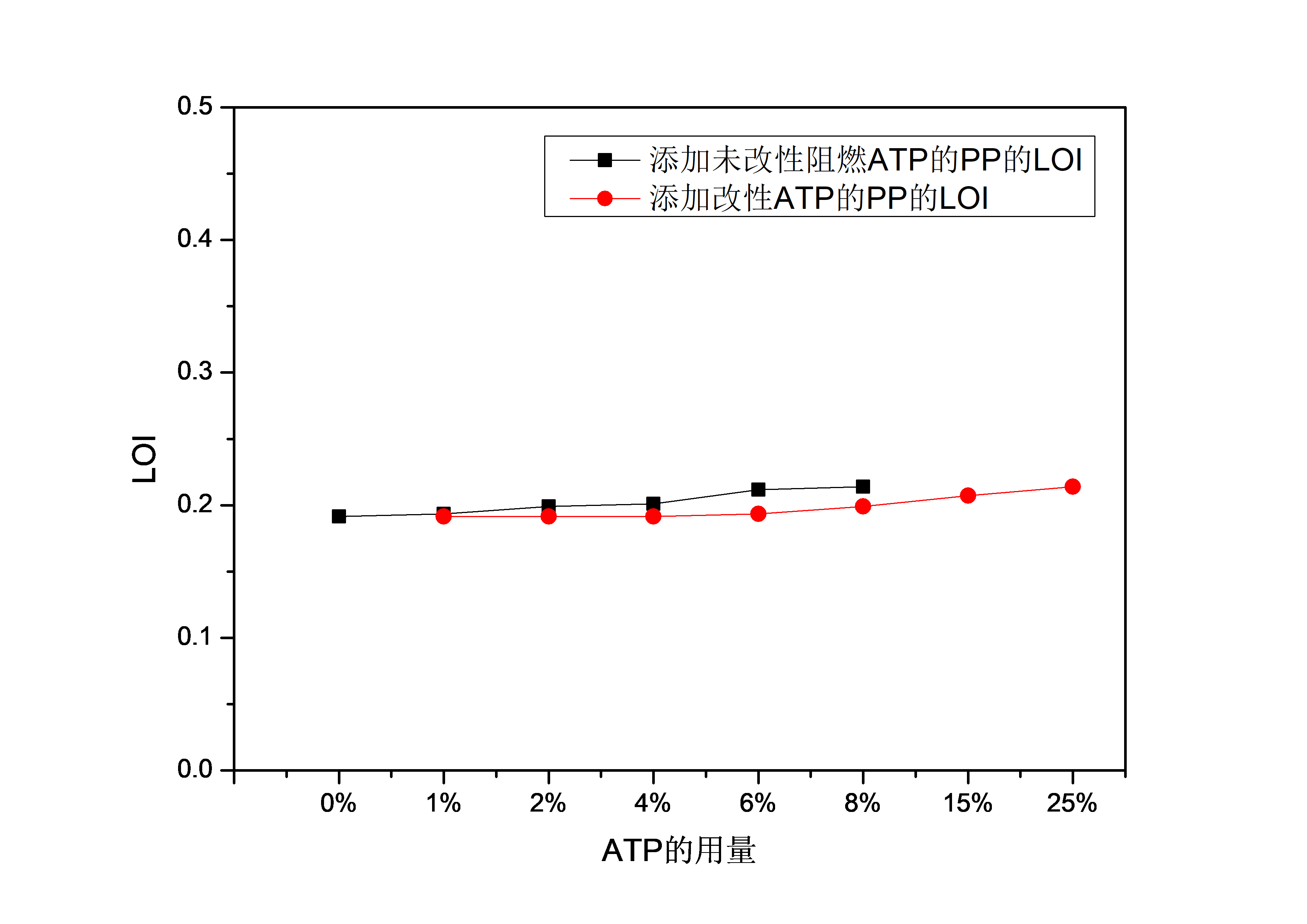聚丙烯凹凸棒土纳米复合材料的制备及阻燃性能研究毕业论文
2020-07-07 21:56:08
摘 要
随着高分子材料的广泛应用于各个方面,高分子材料的低密度,高性能,使得能在材料领域中占有一席之位。但是高分子材料也有局限性,易燃性就是几乎所有的高分子材料所面对的难题。提高高分子材料的阻燃性,也可以拓宽高分子材料的应用范围。聚丙烯作为世界第三大合成树脂,阻燃性更是一个绕不过去的话题。
凹凸棒土作为一个新型纳米阻燃剂受到研发人员的广泛关注。但是凹凸棒土的憎油性,使得它与聚丙烯共混中受到了限制。本文以聚丙烯为基体,分别加入未改性的凹凸棒土,改性的凹凸棒土以及改性凹凸棒土和阻燃剂聚磷酸铵(APP)、双季戊四醇(DPER),制备成样条,测试不同凹凸棒土对PP阻燃性能的影响。实验结果表明,凹凸棒土对PP的阻燃性能略有提升,但不是很明显。
关键字:聚丙烯(PP) 凹凸棒土(ATP) 阻燃剂 氧指数
Abstract
With the wide application of polymer materials in various aspects, the low density and high performance of polymer materials enable them to occupy a position in the material field. However, polymer materials also have limitations, and flammability is a problem faced by almost all polymer materials. Improving the flame retardancy of polymer materials can also broaden the application of polymer materials. Polypropylene is the world's third-largest synthetic resin, and flame retardancy is a topic that cannot be bypassed.
As a new nano-flame retardant, attapulgite has received extensive attention from researchers. However, attapulgite clay's oil-repellent properties make it difficult to blend with polypropylene. In this paper, polypropylene was used as the matrix, and unmodified attapulgite, modified attapulgite, modified attapulgite and flame retardants ammonium polyphosphate (APP) and dipentaerythritol (DPER) were added to prepare modified bars. The effect of different attapulgite clays on the flame retardancy of PP was tested. The experimental results show that attapulgite slightly improves the flame retardancy of PP, but it is not very obvious.
Keywords: polypropylene (PP) ;attapulgite (ATP) ;flame retardant ;oxygen index
目录
摘要 ······················································Ⅰ
Abstarct···················································Ⅱ
目录
第一章 绪论 ·············································1
1.1 聚丙烯的简介············································1
1.1.1 聚丙烯的燃烧机理····································1
1.2 聚丙烯的常用阻燃剂······································1
1.2.1 含卤阻燃剂··········································2
1.2.2 无卤阻燃剂··········································2
1.2.2.1 磷系阻燃剂·······································3
1.2.2.2 无机阻燃剂·······································3
1.2.2.3 纳米阻燃剂·······································3
1.3 凹凸棒土的晶体结构及分布································3
1.4 凹凸棒土的性质··········································4
1.4.1 凹凸棒土的物理性质 ··································4
1.4.2 凹凸棒土的物化性能 ··································4
1.5 凹凸棒土的改性··········································5
1.5.1 凹凸棒土的无机改性 ··································5
1.5.2 凹凸棒土的有机改性 ··································5
1.6 课题的研究目的及意义····································5
1.7 课题的研究拟用方案······································6
第二章 实验部分 ·········································8
2.1 实验原料及仪器··········································8
2.1.1 实验原料 ············································8
2.1.2 实验仪器 ············································8
2.2 凹凸棒土的改性实验方案··································8
2.2.1 红外(FR-IR)分析 ···································8
2.3 聚丙烯复合材料的制备····································9
2.4 聚丙烯复合材料的性能测试 ·······························10
2.4.1不同配方的PP试样的LOI测定 ························10
2.4.2 添加阻燃剂的PP试样的熔融指数的测定 ················10
2.4.3 添加阻燃剂的PP的拉伸强度及弯曲性能的测试 ··········10
2.4.4 添加阻燃剂的PP的冲击强度的测定 ····················11
2.4.5 添加阻燃剂的PP的硬度的测定 ························11
第三章 实验结果与分析································12
3.1凹凸棒土含量对PP的影响及分析 ··························12
3.1.1 未改性凹凸棒土对PP的LOI的影响及分析··············12
3.1.2 改性的凹凸棒土对PP的LOI的影响及分析··············12
3.1.3 添加阻燃剂的PP的LOI的影响及分析··················14
3.1.4 添加阻燃剂的PP的力学性能影响及分析 ················15
第四章 结论与总结 ·····································19
参考文献 ·················································20
致谢·······················································26
第一章 绪论
1.1 聚丙烯的简介
聚丙烯(PP)分子结构通式为:
相关图片展示:







课题毕业论文、开题报告、任务书、外文翻译、程序设计、图纸设计等资料可联系客服协助查找。



